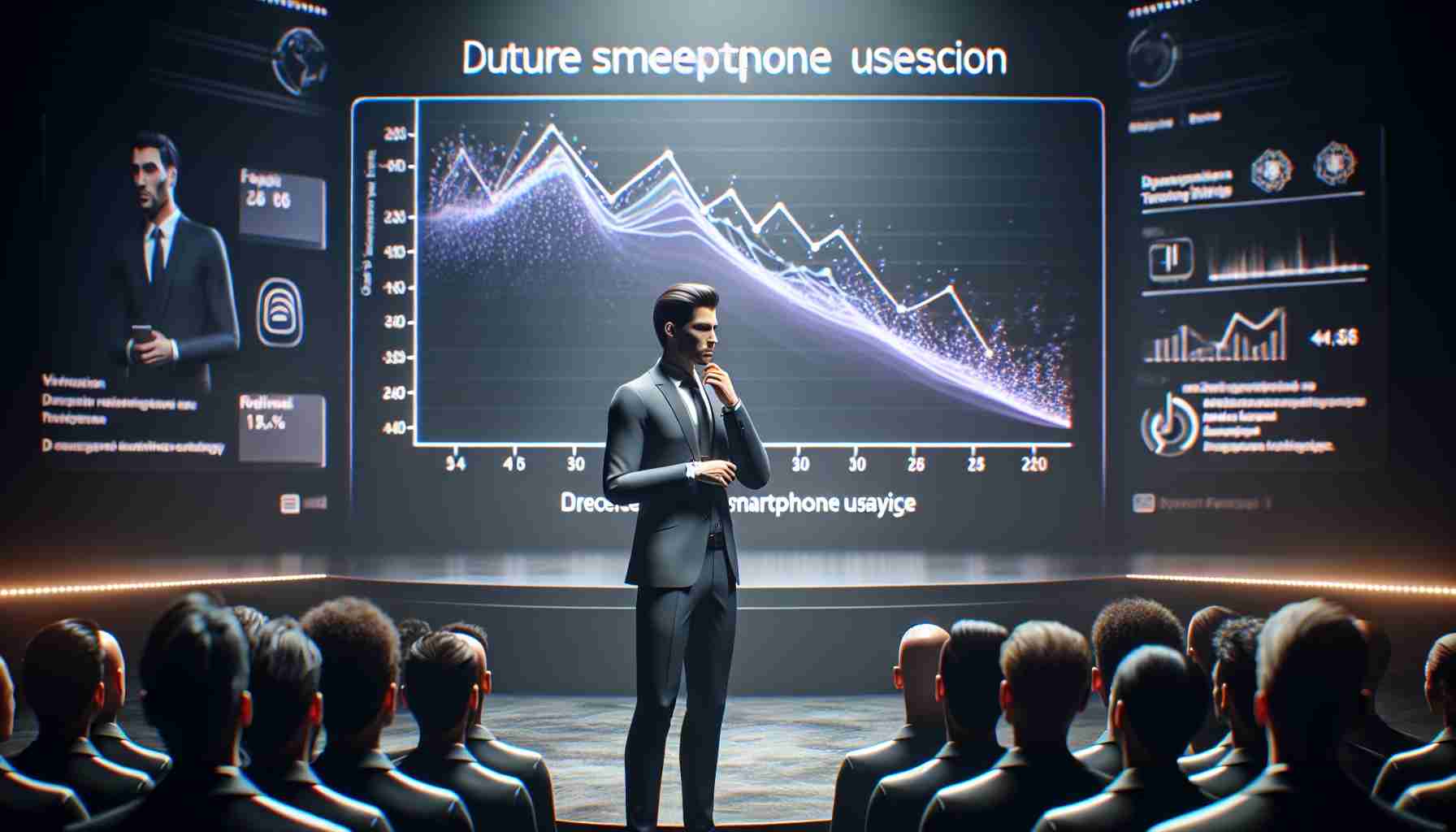Tim Cook, the CEO of Apple Inc., hypothesized that the future of artificial intelligence (AI) could lead to a decrease in how often people use their iPhones. This notion reflects the rapidly evolving landscape of technology, where AI’s capabilities are continuously expanding, potentially reducing the need for direct engagement with devices like smartphones.
Cook indicated that with AI integrating more deeply into daily life, tasks and information retrieval could be streamlined, changing the dynamic of user-device interaction. He envisioned a scenario where AI’s role in automating and predicting user needs could lead to less frequent manual use of iPhones.
The profound impact of AI on technology and user behavior forms a narrative where devices become more proactive rather than reactive, anticipating the needs of the user before they need to reach for their smartphones. In Cook’s view, this significant potential means future tech innovations could redefine the relationship between humans and their devices.
As Apple continues to invest heavily in AI research and development, Cook’s comments underscore a strategic vision that seeks to embrace these technological shifts. While the implications for device usage are noteworthy, the underlying commitment to enhancing AI suggests a future where technology seamlessly integrates with the fabric of everyday life.
Key Questions:
1. How could advancements in AI lead to decreased iPhone usage?
Advancements in AI could automate many tasks that currently require manual interaction with smartphones. By predicting user needs and performing actions autonomously, AI can reduce the need to physically engage with the device.
2. What are the potential advantages of AI’s increased role in daily life?
The advantages include increased efficiency, personalized experiences, time savings, and potentially improved quality of life as technology anticipates and meets users’ needs without explicit commands.
3. What are the potential challenges or controversies associated with AI advancements?
Concerns include privacy issues, the displacement of jobs due to automation, reliance on algorithms which can perpetuate biases, and the ethical use of AI in decision-making processes.
Advantages:
– Increased efficiency: AI can complete tasks faster and more accurately than humans in some cases.
– Convenience: Users can experience streamlined interactions, where AI carries out tasks without extensive user input.
– Personalization: AI can tailor experiences to individual users, enhancing satisfaction and usability.
Disadvantages:
– Privacy concerns: With AI deeply integrated into our lives, there are significant concerns about data privacy and surveillance.
– Dependency: An increased reliance on AI could lead to diminished human skills.
– Job displacement: Automation of tasks could lead to job losses in certain sectors.
Key challenges or controversies could also include balancing user autonomy with AI’s predictive behaviors, ensuring transparency in AI decision-making, and securing user data amidst increasingly intelligent applications.
For more information on the evolving AI technology landscape, you can visit these domains:
– Apple for insights on how the company is integrating AI into their products.
– AI.org for a broad view on artificial intelligence advancements and discussions (Note: Provided as a placeholder. You should verify that this is a valid URL before using it).
To stay current with Tim Cook’s thoughts and Apple’s AI developments, following reliable tech news outlets and Apple’s official announcements would be beneficial.
